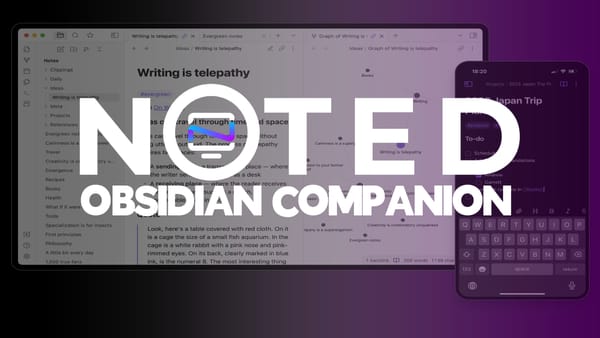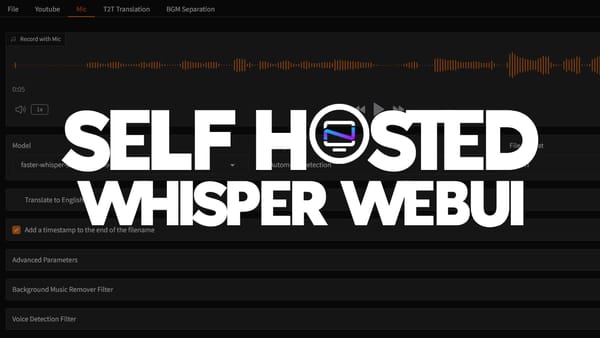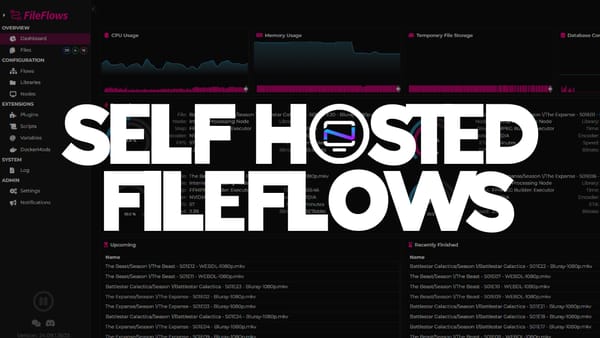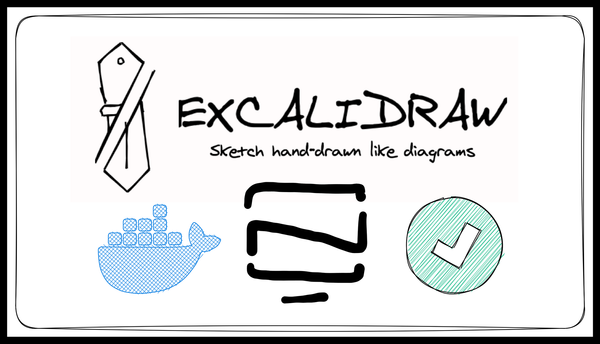The Future of Self-Hosting: Trends and Predictions
Wondering what's in store for self-hosting? Well, I've been pondering this question and have a few ideas I'd like to share. Self-hosting is a fascinating area and I'm optimistic about what the future may bring.
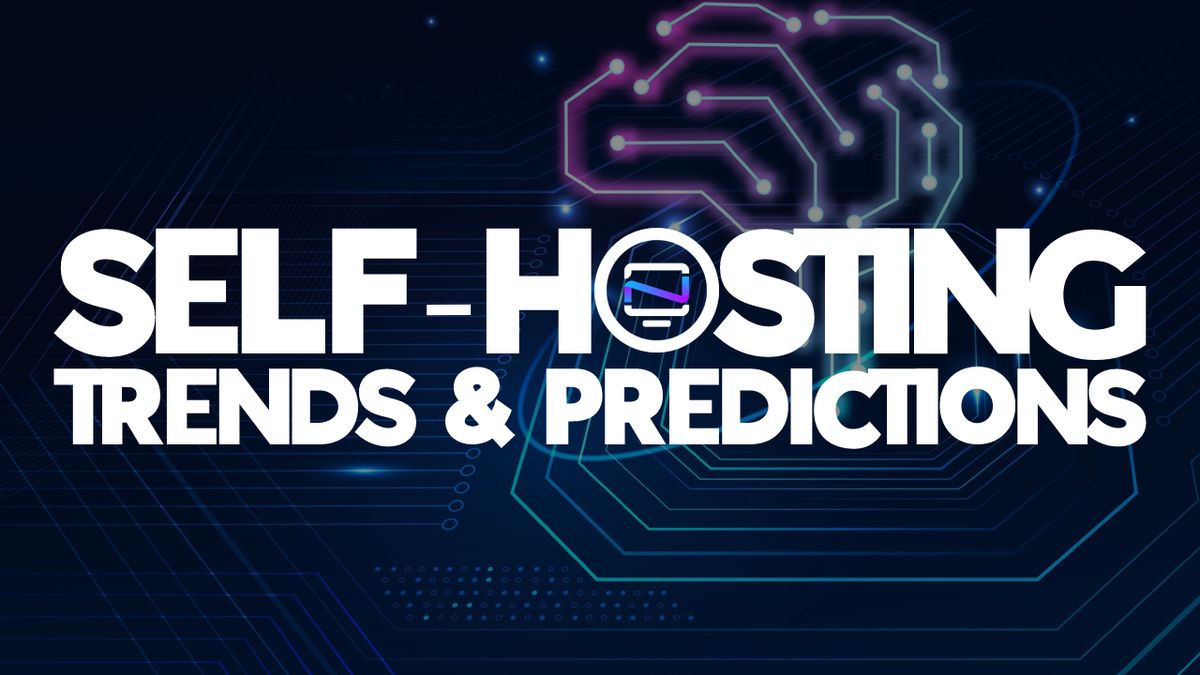
It's hard to believe that it has already been 10 years since Docker was introduced as an open source project. I truly believe that Docker has played a vital role in paving the way for more people to self-host. Docker is the reason I myself started self-hosting my own apps and services. With the way technology evolves at such a quick rate, it got me thinking about what the future holds for self-hosting and open source in general.
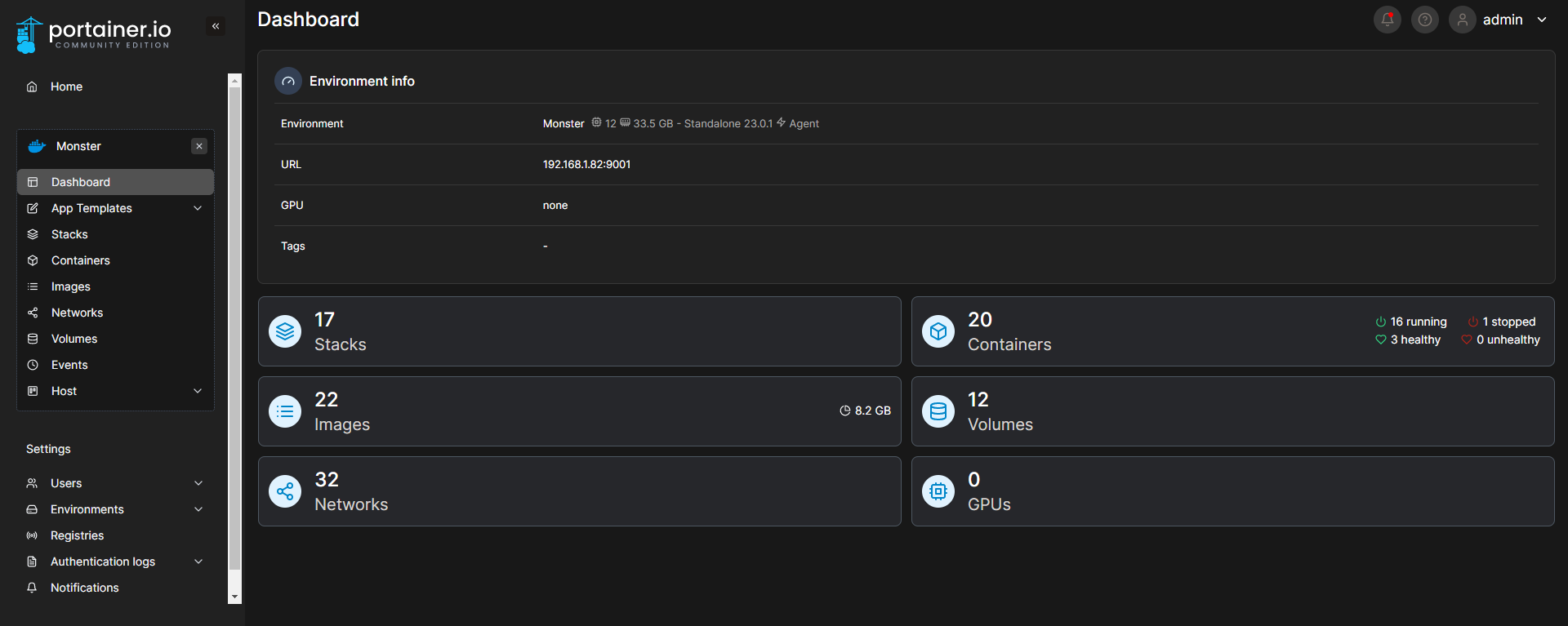
Self-hosting is becoming more popular. Even people who aren't particularly tech savvy are starting to realize the benefits of taking control of their data. And as much as I cringe when I say it, technology like AI makes it even easier for those who lack the knowledge to get started.
What does the future of self-hosting look like? Here are a few predictions backed by some trends I have noticed over the last several months.
Decentralized systems are becoming more popular
As people become more wary about data privacy and overall security, decentralized systems will become more popular. Decentralized systems distribute data across multiple nodes instead of having everything stored in one central location. This means that there is no single point of failure or attack, making it significantly more secure. Software like Kuberenetes is a gateway to allowing us to do this from our own homes and eventually, I think will be much more feasible to do.
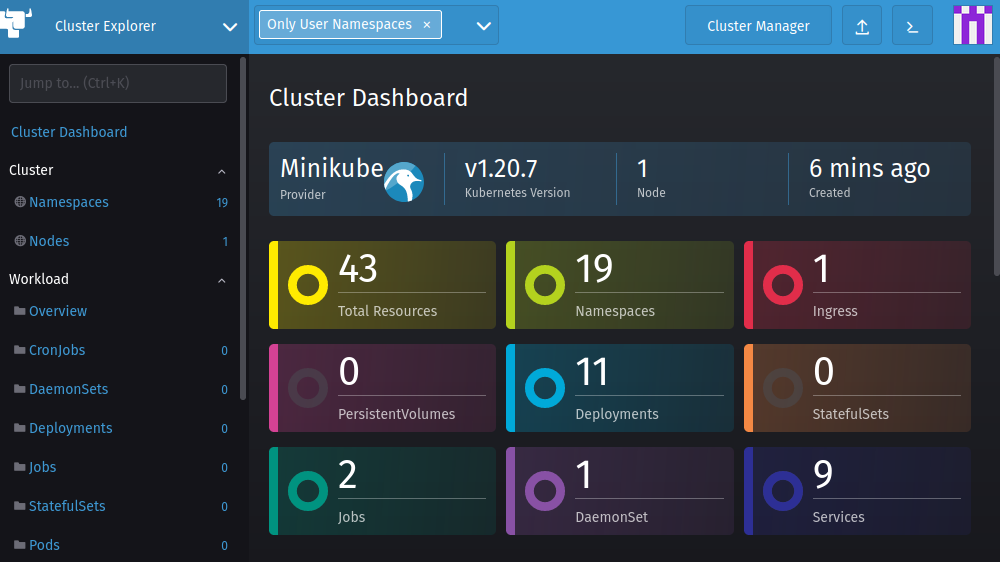
AI will make self-hosting easier
As AI technology continues to advance, self-hosting will become much more accessible to the average person. With AI, the complexities of self-hosting can be simplified, making it easier for more people to become a part of the trend. As ChatGPT gains popularity for aiding in application setup and deployment, the potential is limitless. And while it may not be completely accurate, AI learns fast and is good at troubleshooting errors you encounter along the way.
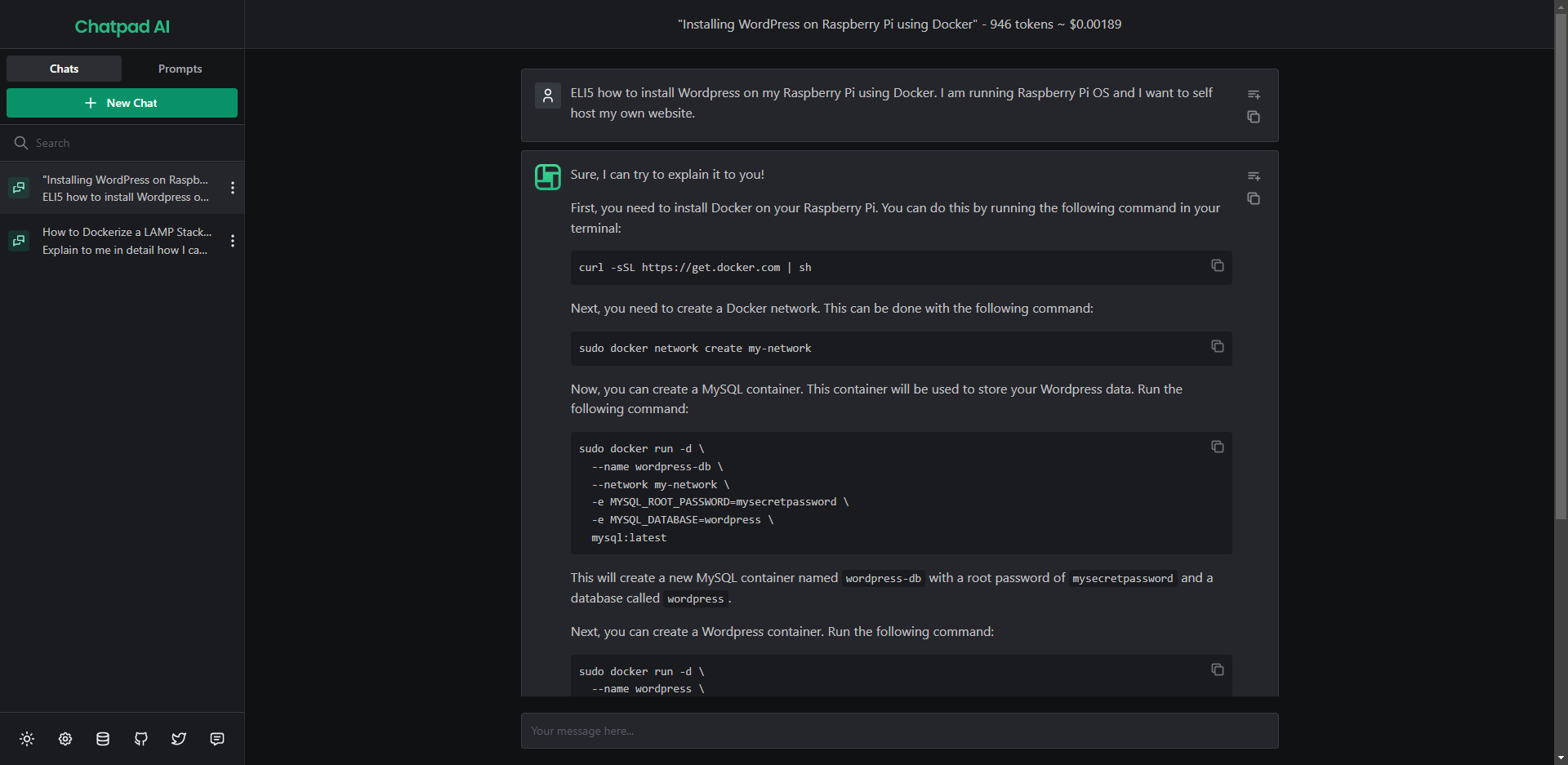
Lower cost of entry
With free tools like Docker, Portainer and open source, self-hosted applications being created so often, the cost of self-hosting boils down to the hardware you choose to use. Good thing you can do it from cheap hardware like a Raspberry Pi or used tiny mini micro computers.
The rise of personal clouds
Personal clouds are basically a network attached storage (NAS) device that allows users to store their data from home. As internet speeds increase, using a personal cloud instead of storing data with a centralized service will become more practical.
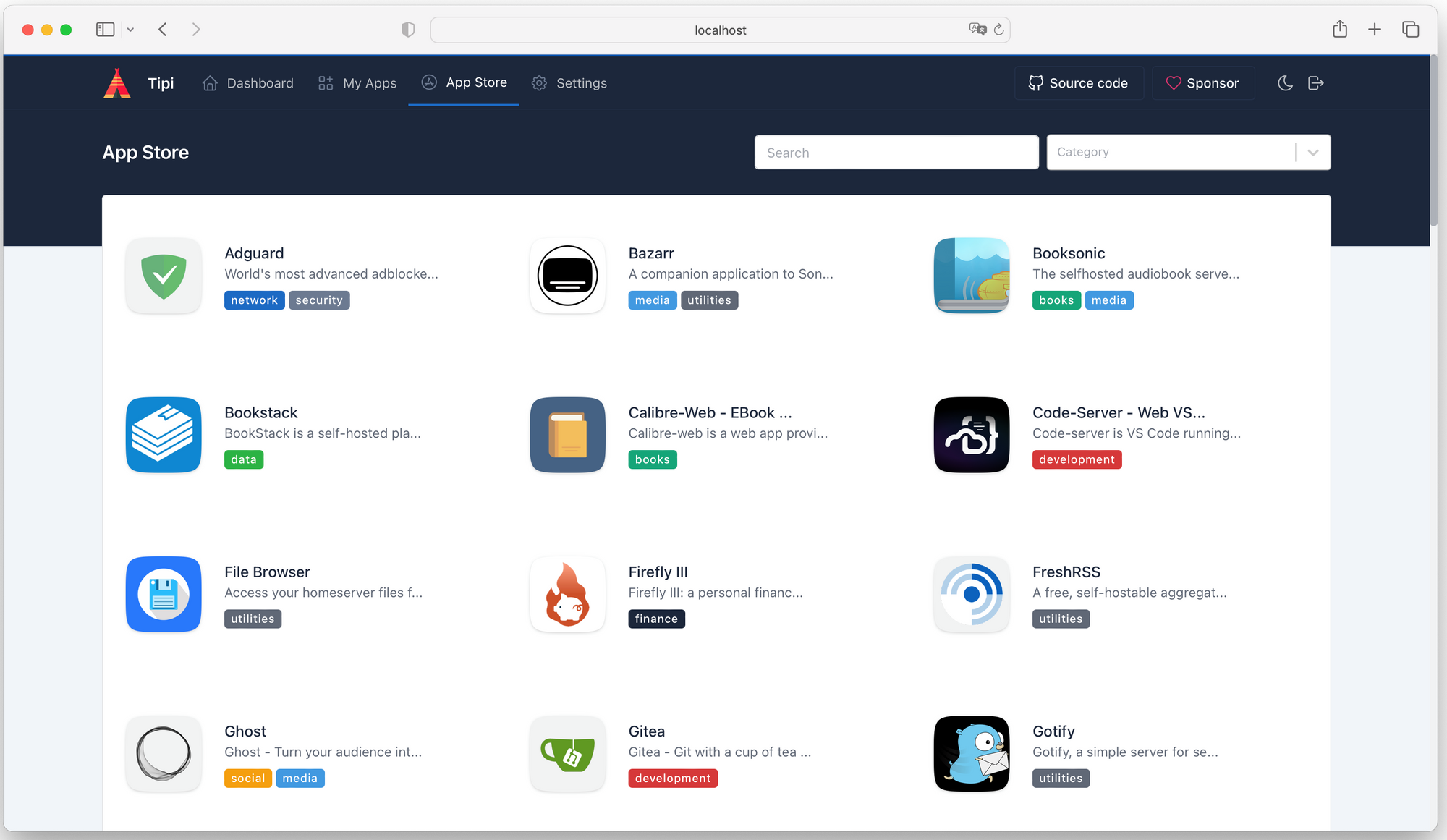
There are already a handful of free and open source NAS softwares available such as Open Media Vault, TrueNAS, Unraid and Xpenology. Not to mention the turnkey software like YunoHost, CasaOS, Runtipi, EasyPanel and Umbrel that allow you to install the software and have a personal self-hosted cloud up and running in just a few minutes.
Open source software will be more common
Open source software will become more common making self-hosting more accessible for communities who otherwise wouldn't be able to afford it. With AI being freely available (for now), more people are coding open source apps at a much quicker rate. But what does this mean about reliability and quality? And how will the creators support these projects? Will we call them developers knowing they used AI to create their projects?
Final Notes and Thoughts
The future of self-hosting looks bright. Taking control of our digital lives is becoming more important as data collection becomes more ubiquitous. By taking full control of our data, we gain more privacy, independence, and in come cases security.
And let's not forget about the fact that self-hosting is becoming more affordable. Even people on a tight budget will be able to make the switch soon enough. I mean, who wouldn't want to save a little cash while also gaining more control over their data?


